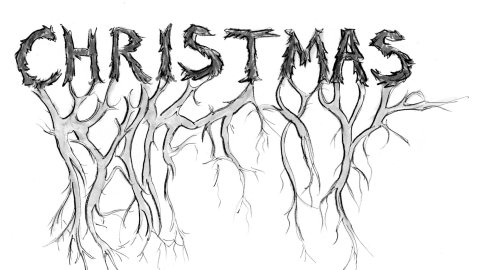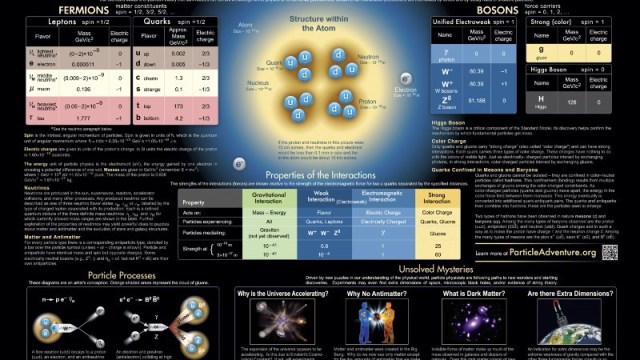The Meaning of Christmas, Literally… Might Surprise The Masses

The roots of the word “Christmas” rub two kinds of liberation (of, and from, the masses) with some shortening:
1. “Christ” was born of many translations— via Hebrew, Aramaic, Greek, Latin, (mashiah, mĕšīḥā, khristos, Christus).
2. “Mashiah” means the anointed, a shortening of the “Lord’s anointed” — refers to rubbing oil on someone’s forehead to signify divine office.
3. The mashiah was the promised “liberator or savior of a captive people,” who would resurrect “the nation of Israel” = liberating/saving from Roman rule.
4. That liberator aspect explains Jesus’s crucifixion — Roman’s exclusively crucified agitators against their rule.
5. The idea that Jesus was crucified with thieves rests on a lax translation of “lestes” = Greek for “bandits” = catchall term for robbers and anti-Roman rebels.
6. “Messiah” enters English in the Geneva Bible (1560); its translators wanted a Hebrew sounding back-translation of Christus (Latin) for Khristos (Greek for rubbed, anointed).
7. Aside: Crisco was almost called Cryst, (a shortening of crystallized cottonseed oil).
8. The tail end of Christmas shortens the Christian sense of “mass,” from Latin “missa” = dismissal, release. Eucharist (thanksgiving) services end in “Ite, missa est,” meaning “Go, (the prayer) has been sent,” marking the liberation of the masses from the mass.
However you interpret, or translate, this: Wishing You Happy Holidays.
Give thanks for whatever happiness your liberties enable.
PS—Happiness should be a verb.
PPS—Happiness is confusing our smartest scientists (by mathematical mistranslation).
PPPS—New limits are needed for the logic of liberty to work.
Illustration by Julia Suits, The New Yorker cartoonist & author of The Extraordinary Catalog of Peculiar Inventions





